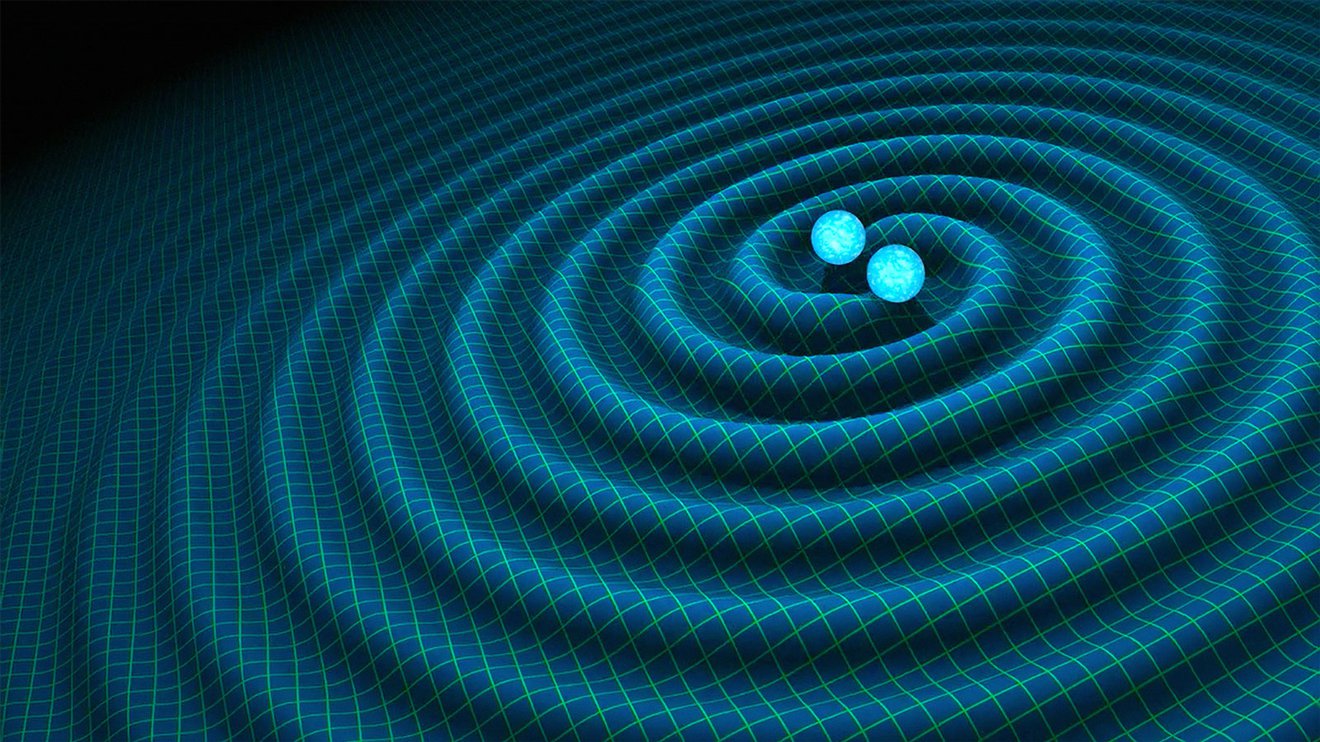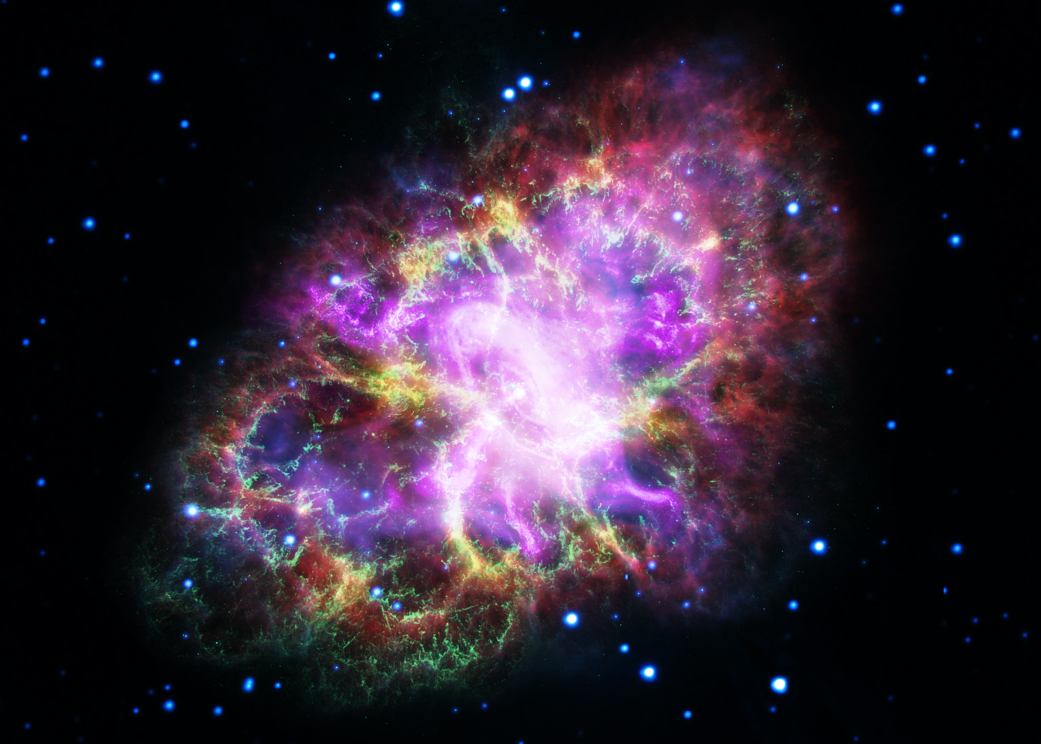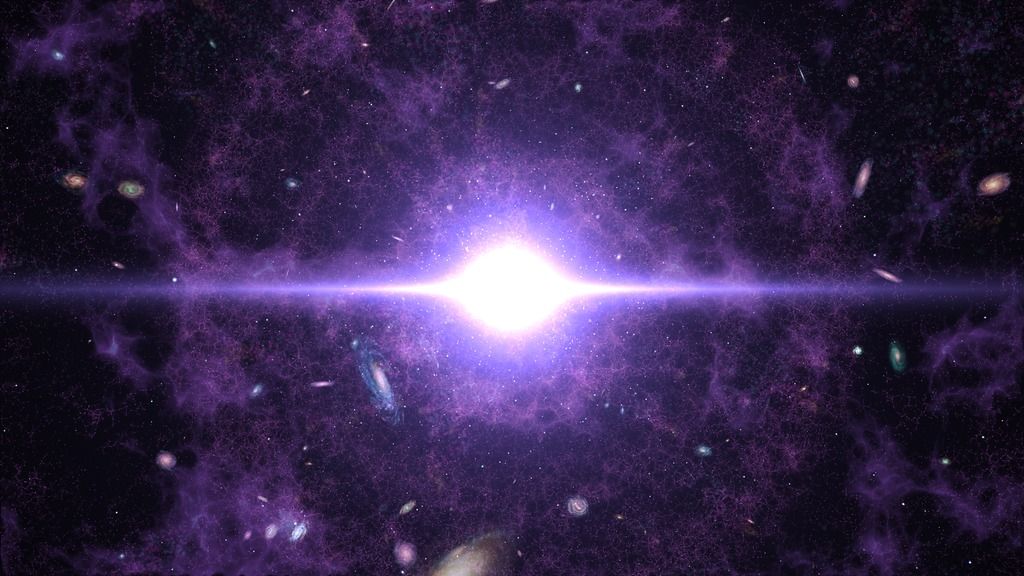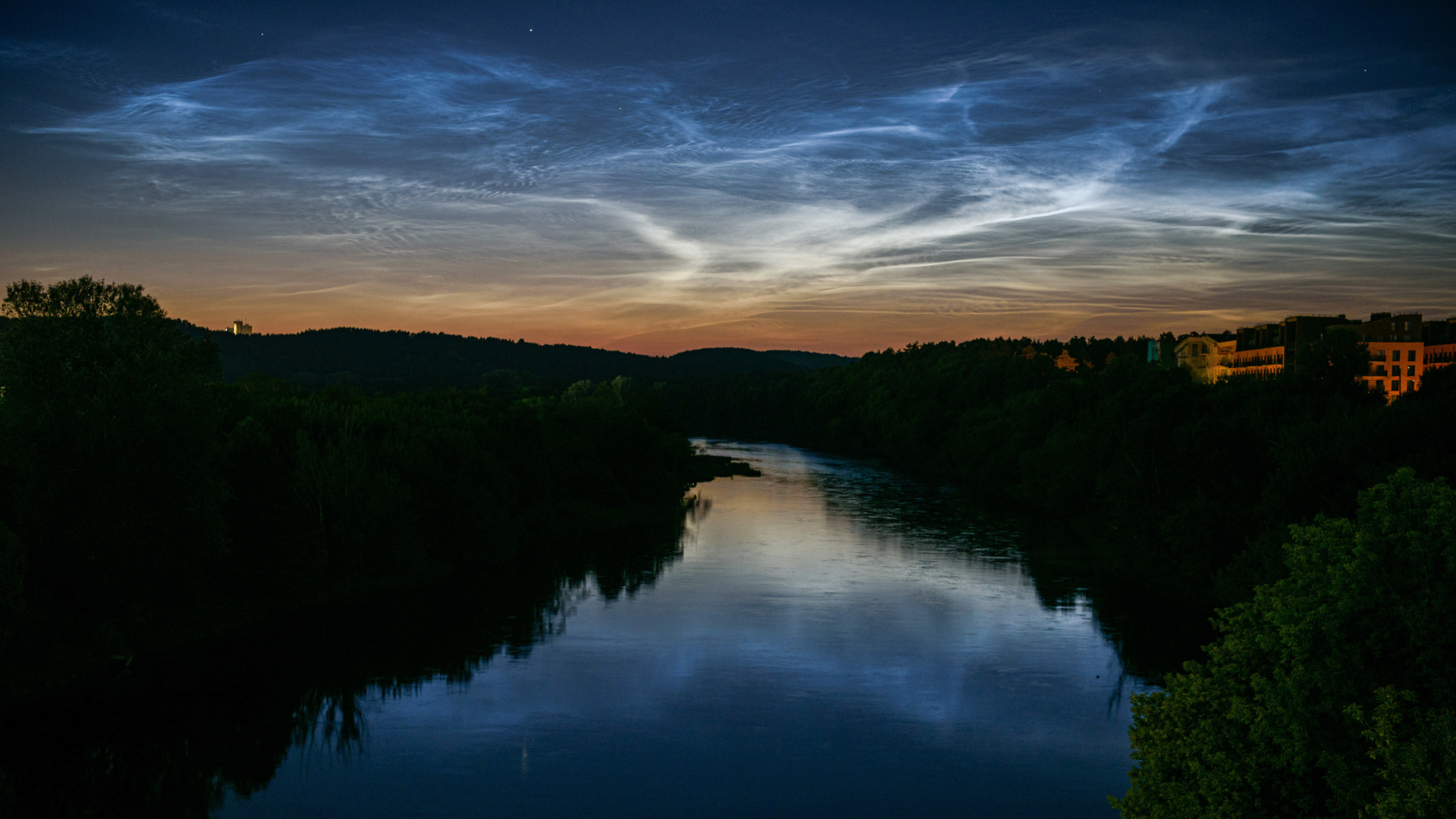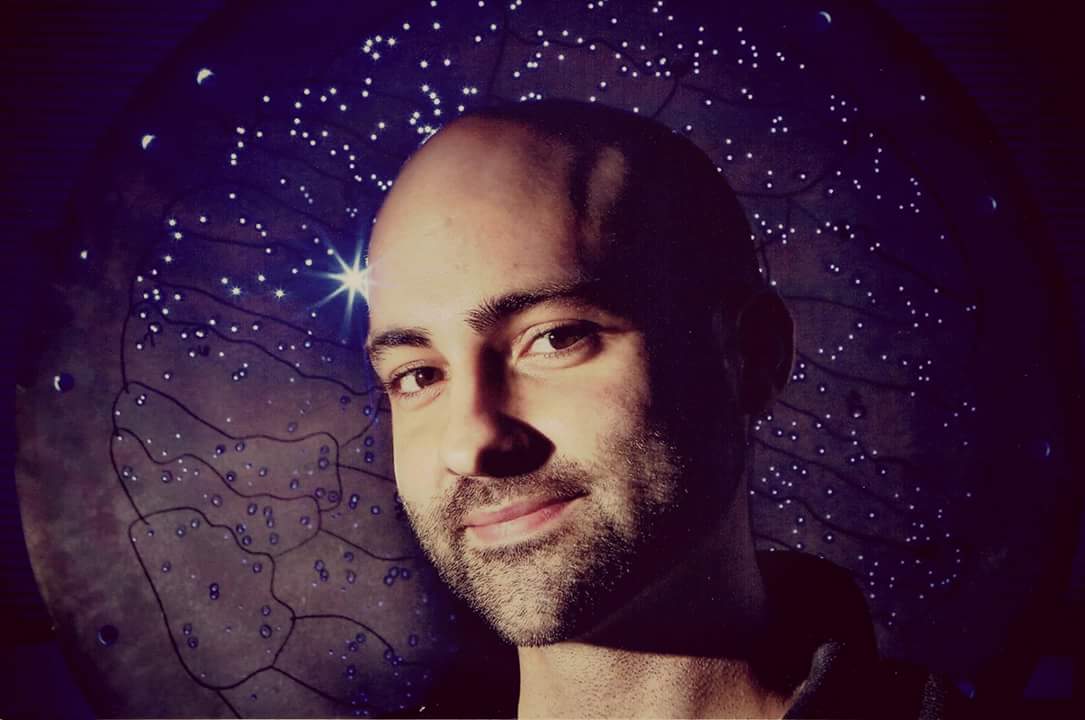
Paul Sutter
Paul M. Sutter is an astrophysicist at SUNY Stony Brook and the Flatiron Institute in New York City. Paul received his PhD in Physics from the University of Illinois at Urbana-Champaign in 2011, and spent three years at the Paris Institute of Astrophysics, followed by a research fellowship in Trieste, Italy, His research focuses on many diverse topics, from the emptiest regions of the universe to the earliest moments of the Big Bang to the hunt for the first stars. As an "Agent to the Stars," Paul has passionately engaged the public in science outreach for several years. He is the host of the popular "Ask a Spaceman!" podcast, author of "Your Place in the Universe" and "How to Die in Space" and he frequently appears on TV — including on The Weather Channel, for which he serves as Official Space Specialist.
Latest articles by Paul Sutter

Why are we still searching for intelligent alien life?
By Paul Sutter last updated
Humans have scanned and searched the heavens for signs of other advanced civilizations in the universe. And we've found nothing. Absolutely nothing. Maybe we shouldn't focus on intelligent life.
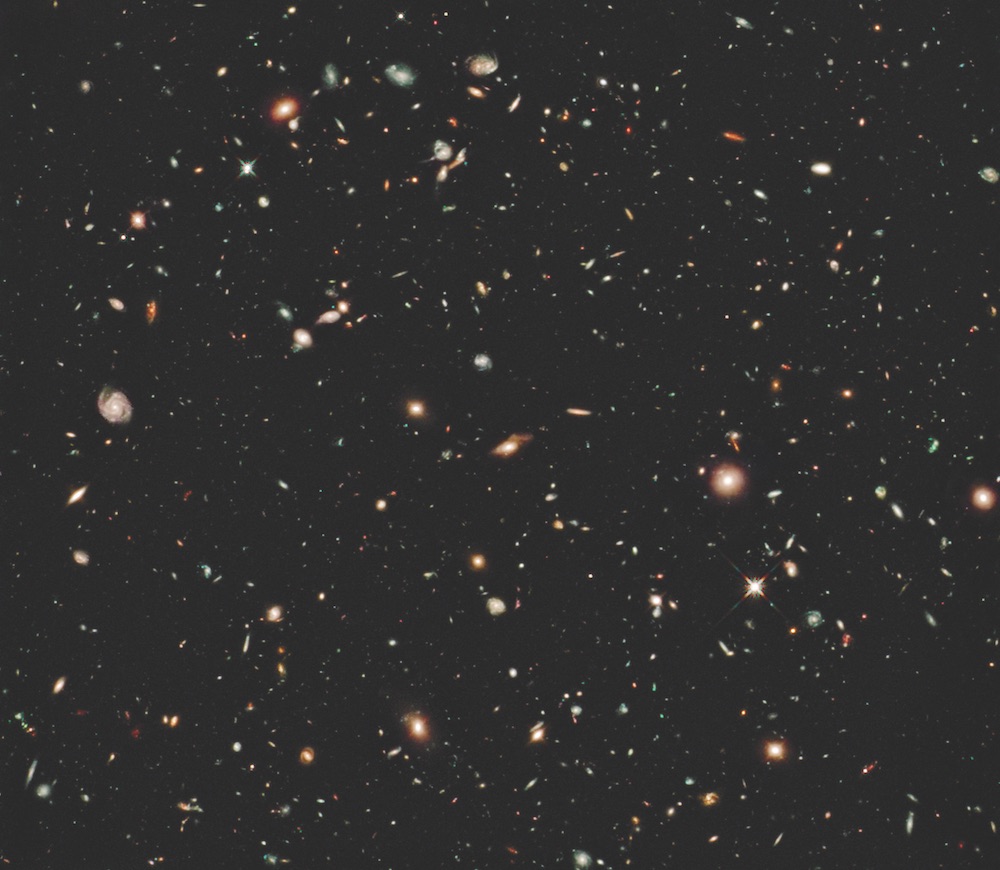
Here's how the universe could end in a 'false vacuum decay'
By Paul Sutter published
The world could end not with a bang, but with a quantum vacuum decay of the ground state of the universe to its true minimum.
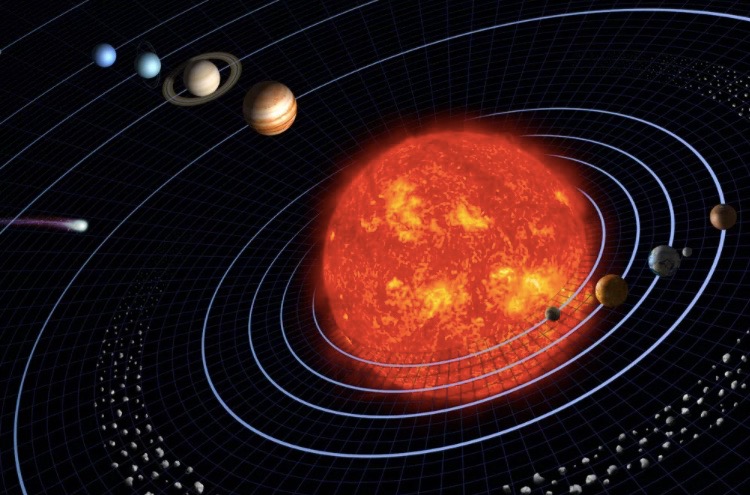
How did the solar system form?
By Paul Sutter last updated
The formation of the solar system is a challenging puzzle for modern astronomy and a terrific tale of extreme forces operating over immense timescales. Let's dig in.

Massive simulation of the universe probes mystery of ghostly neutrinos
By Paul Sutter published
How do you test theories of the universe? By building gigantic supercomputers and simulating the evolution of the cosmos.

Wormholes may be viable shortcuts through space-time after all, new study suggests
By Paul Sutter published
Wormholes may be stable after all, a new theory suggests, contradicting previous predictions that these hypothetical shortcuts through space-time would instantly collapse.
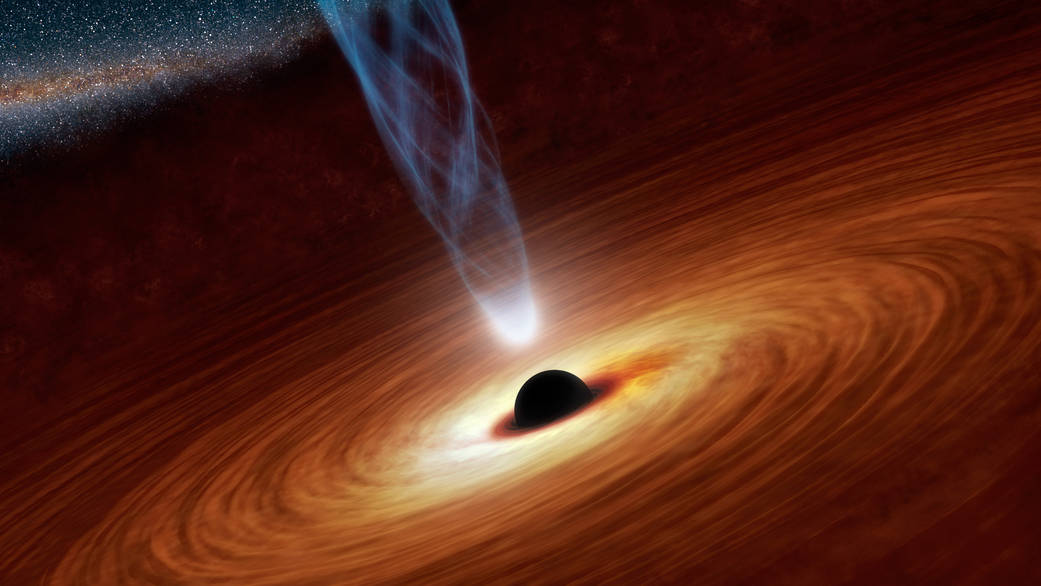
How many black holes are there in the universe?
By Paul Sutter published
In a recent study, researchers determined that about 1% of all the "normal" (that is, not dark) matter in the universe is bound up inside black holes.
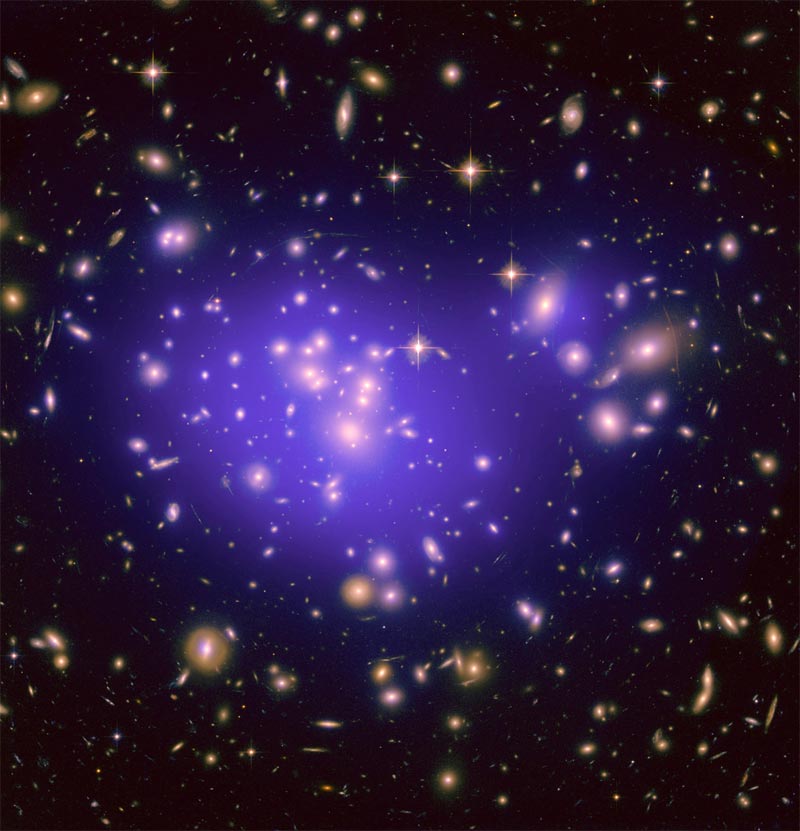
Why is there a 'crisis' in cosmology?
By Paul Sutter published
Since 2014, there have been over 300 proposals for solutions to the "crisis in cosmology." None of these proposals is universally agreed upon by cosmologists, and the crisis just keeps getting worse.

Some supermassive black holes may contain fingerprints from the Big Bang
By Paul Sutter published
The elements around some giant black holes may be subtly different from the cosmic average, retaining a relic memory of the young universe.

Astronomy needs a new long-term approach, new paper argues
By Paul Sutter published
If scientists want astronomy to thrive throughout the 21st century, we need a new approach: to view new observatories through a lens of public benefit.
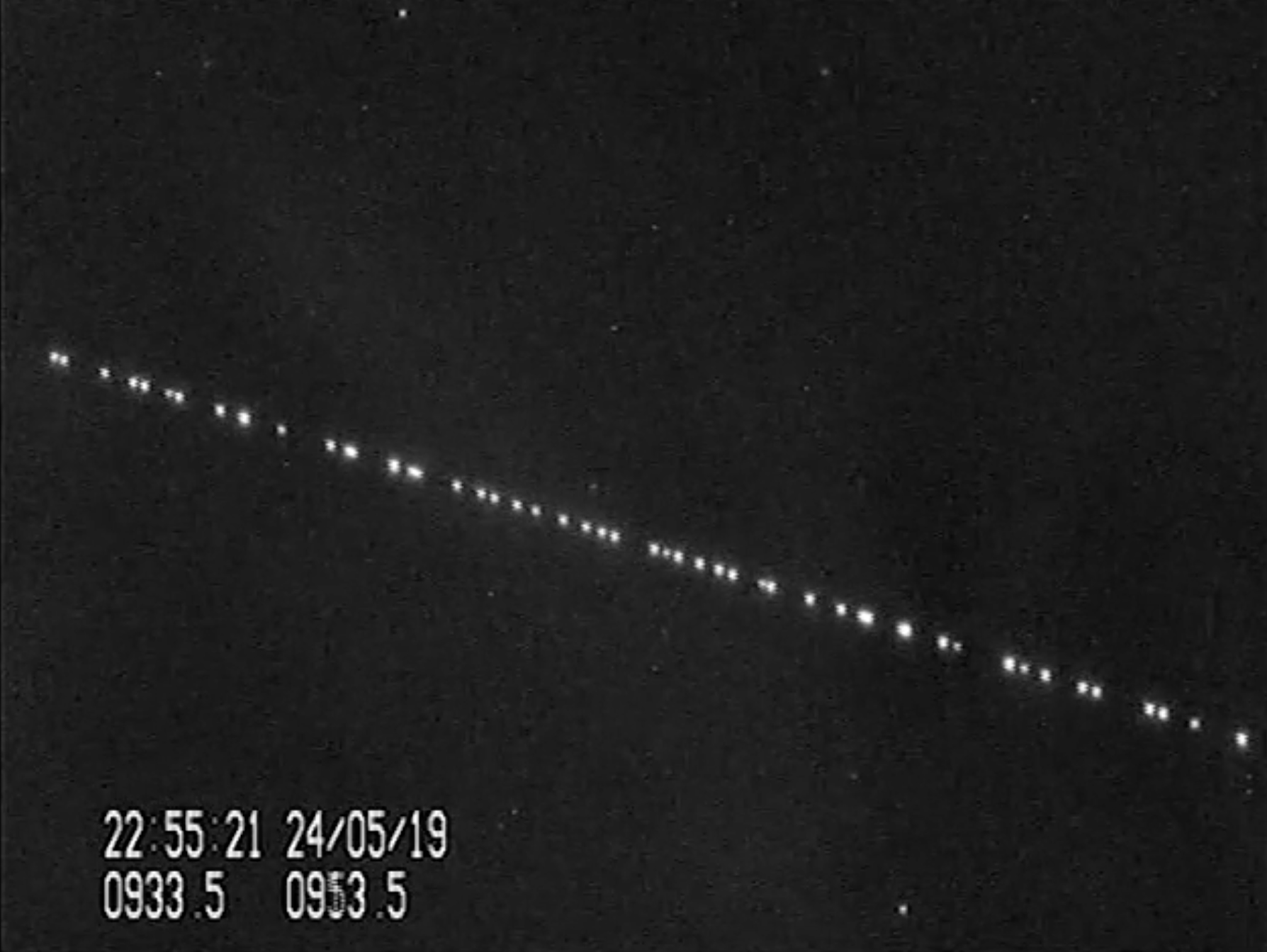
Megaconstellations could destroy astronomy and there's no easy fix
By Paul Sutter published
Global satellite-based high-speed internet access will come at a cost, polluting the skies and contaminating astronomical observations.

Who was James Clerk Maxwell? The greatest physicist you've probably never heard of.
By Paul Sutter published
James Clerk Maxwell is the scientist responsible for explaining the forces behind the radio in your car, the magnets on your fridge, the heat of a warm summer day and the charge on a battery.
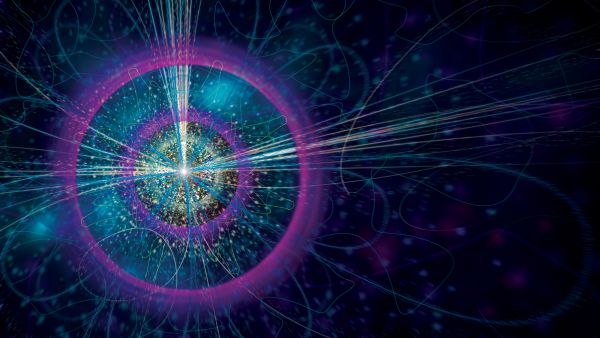
1st sign of elusive 'triangle singularity' shows particles swapping identities in mid-flight
By Paul Sutter published
Physicists sifting through old particle accelerator data have found evidence of a highly-elusive, never-before-seen process: a so-called triangle singularity.
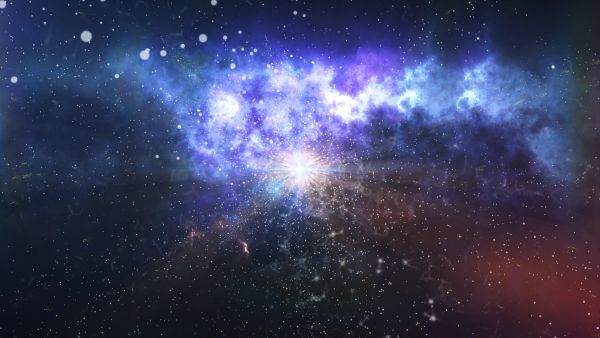
Is dark matter made of 'Fermi balls' forged in the Big Bang?
By Paul Sutter published
A new theory suggests dark matter may have come from quantum bags that got squished together in the early universe.
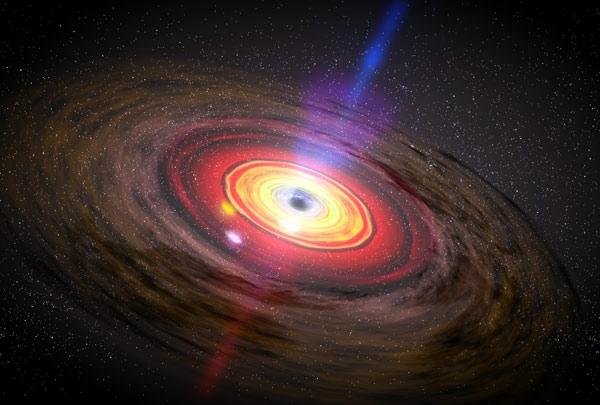
Primordial black holes may flood the universe. Could one hit Earth?
By Paul Sutter published
What are the chances that a primordial black hole forged in the earliest moments of the universe will come wandering toward Earth?
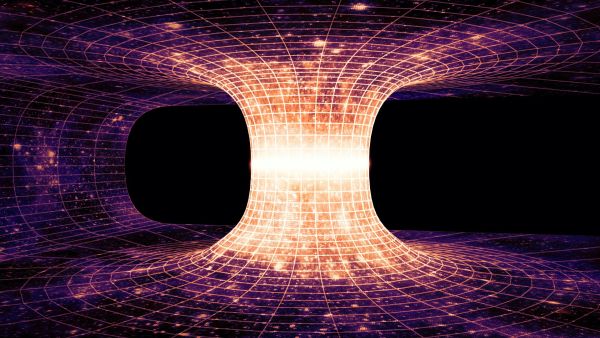
Traversable wormholes are possible under certain gravity conditions
By Paul Sutter published
Certain weird gravity conditions would make it possible to travel through a wormhole and back.
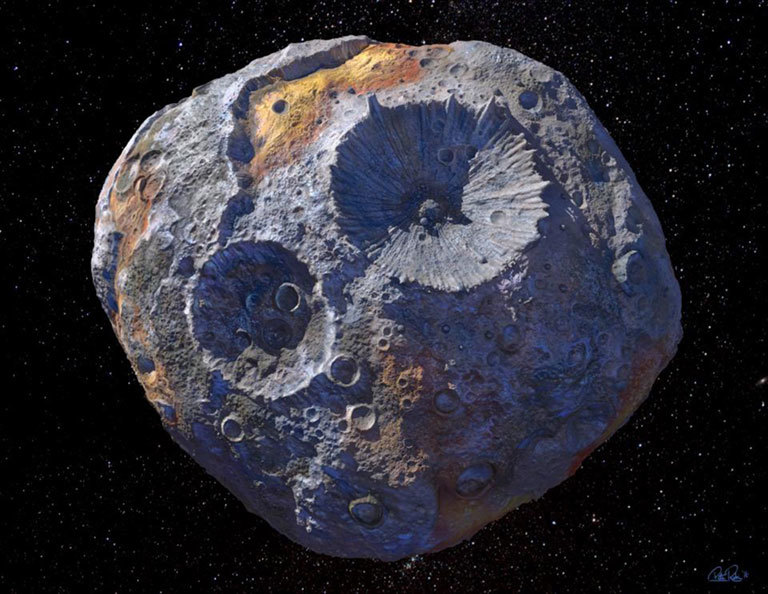
What can we do with a captured asteroid?
By Paul Sutter published
Asteroids are packed with gold and other valuable resources. And the best way to harvest those metals may be to bring space rocks to Earth.
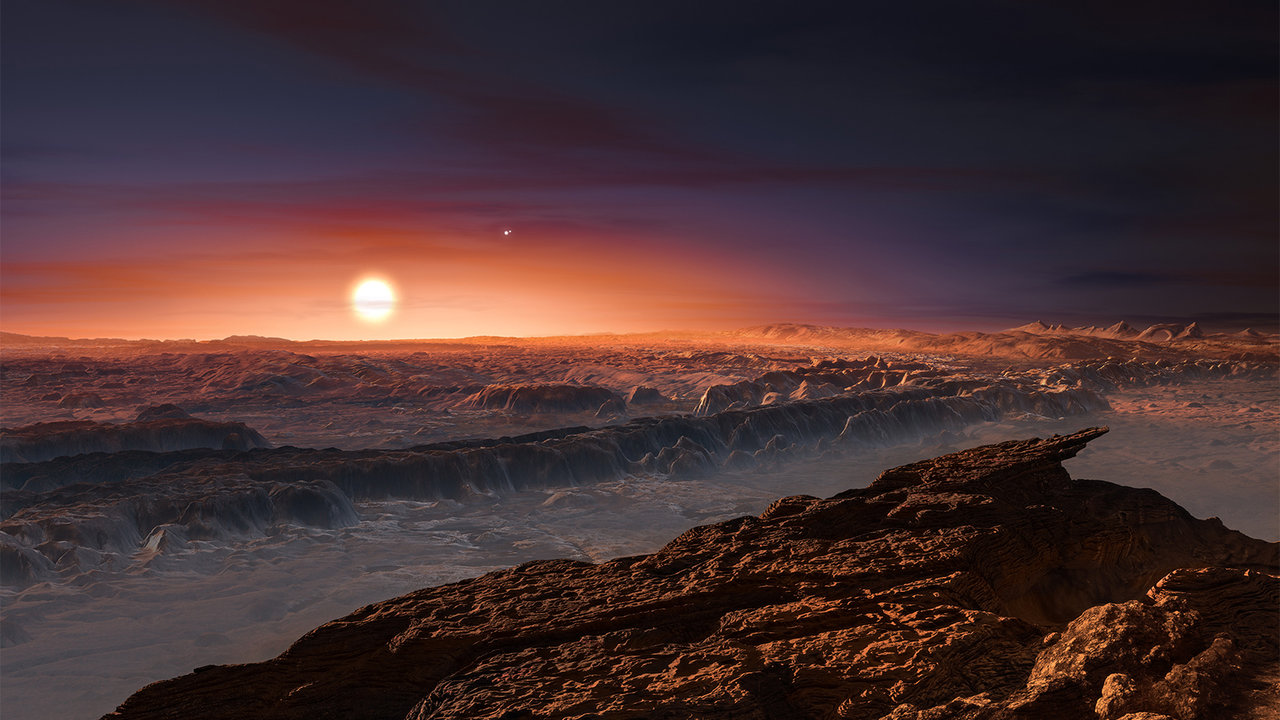
How can we take pictures of Earth-like exoplanets? Use the sun!
By Paul Sutter published
If we ever want to take pictures of an Earth-like exoplanet, we need to think bigger than the biggest telescopes on Earth.
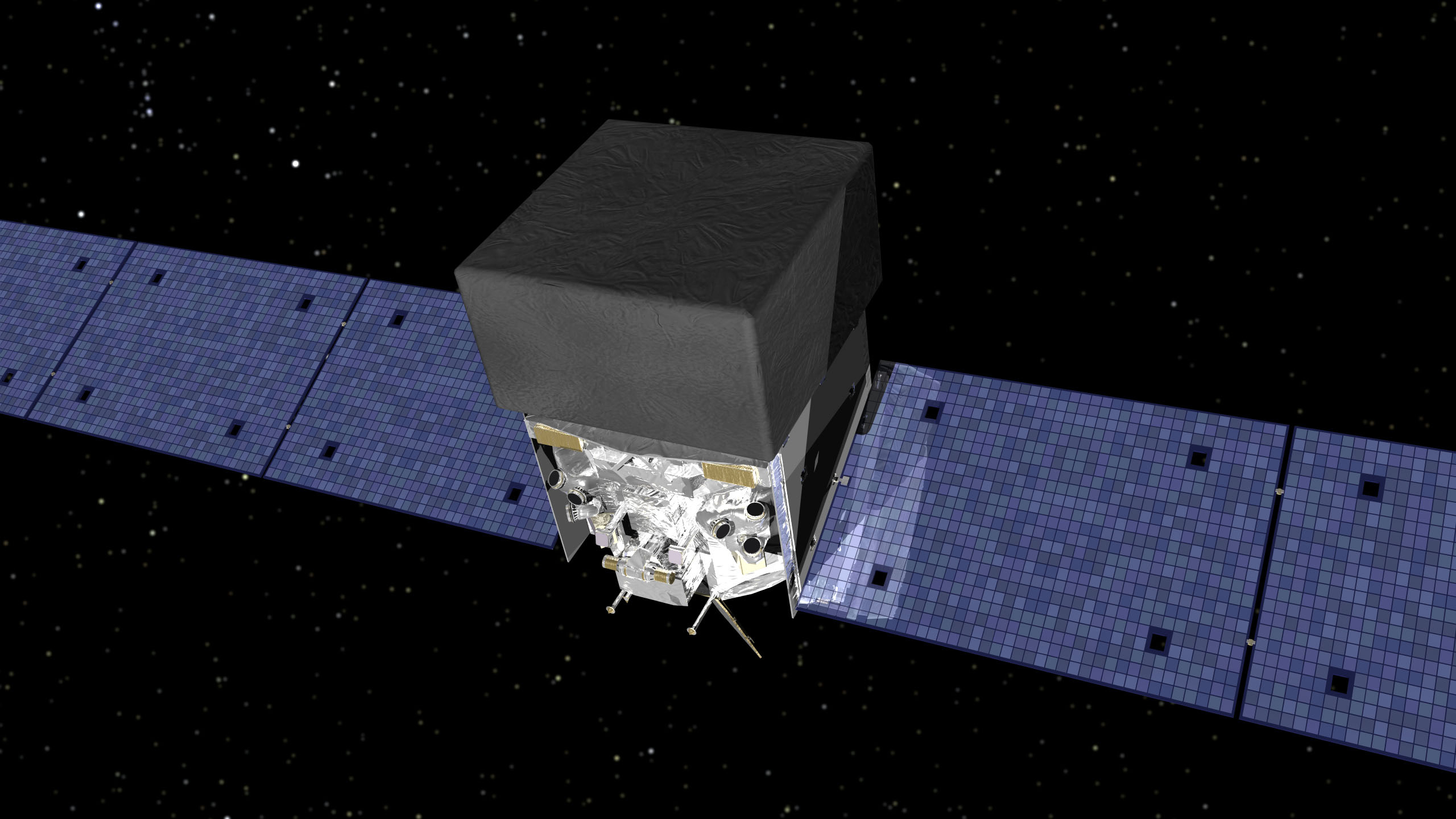
Happy birthday, Fermi! Top 5 highlights from 13 years of the gamma-ray telescope
By Paul Sutter published
On Aug. 4, 2008, the Fermi Gamma-ray Space Telescope began full science operations, scanning the entire sky through the highest-energy form of light.
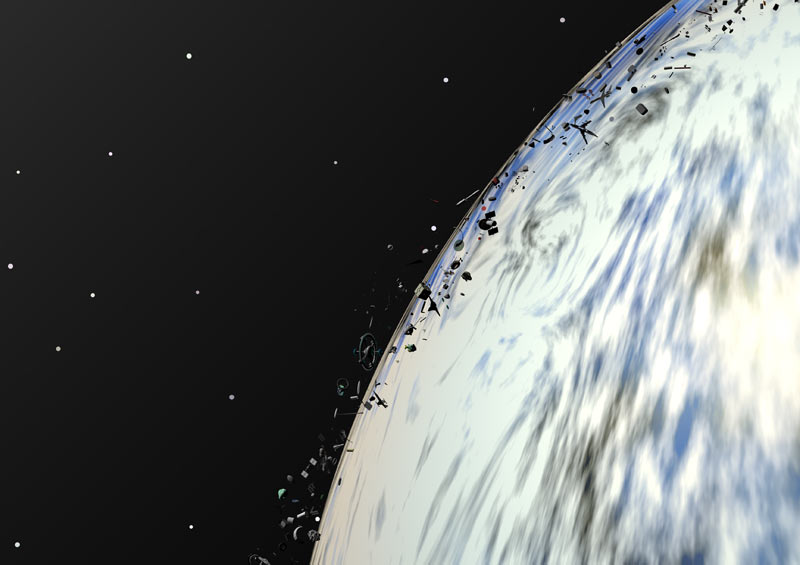
Who's going to fix the space junk problem?
By Paul Sutter published
The growing problem of space junk poses a risk to future space missions, but the solution isn't going to be easy.
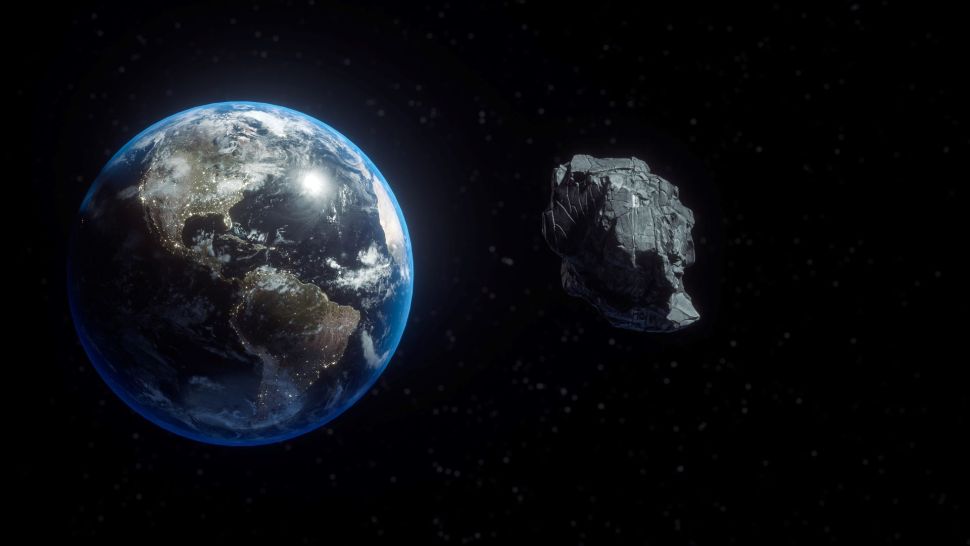
Move asteroids now before they become a threat, researchers argue
By Paul Sutter published
A pair of astronomers have proposed two new strategies for preventing possible asteroid impacts.
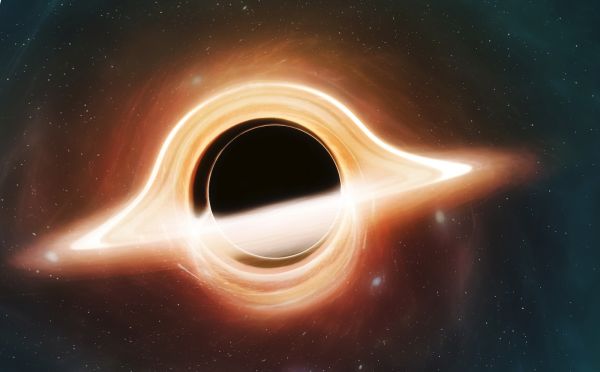
Black holes warp the universe into a grotesque hall of mirrors
By Paul Sutter published
If you were to place a galaxy behind the black hole and then look off to the side, you'd see a distorted image of the galaxy. Here's why.
Get the Space.com Newsletter
Breaking space news, the latest updates on rocket launches, skywatching events and more!

